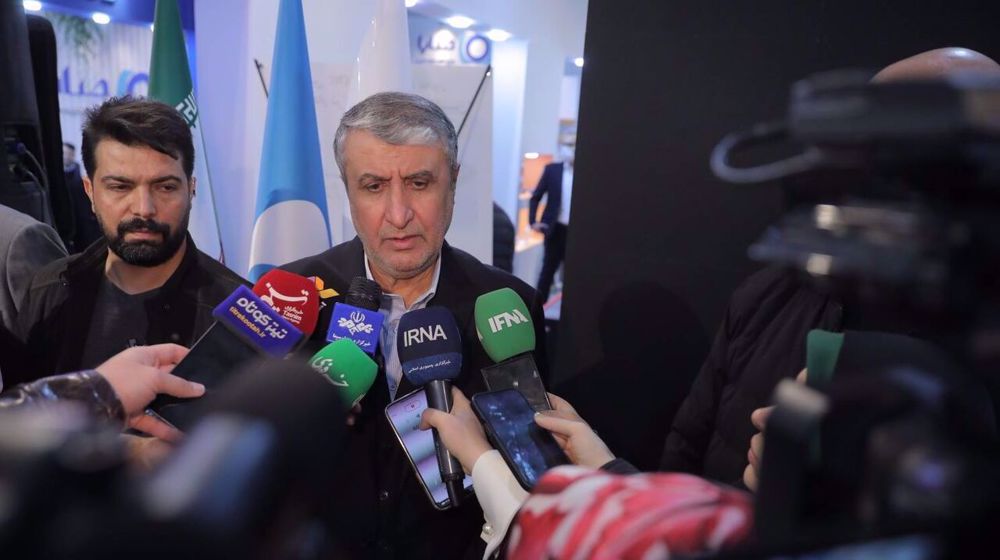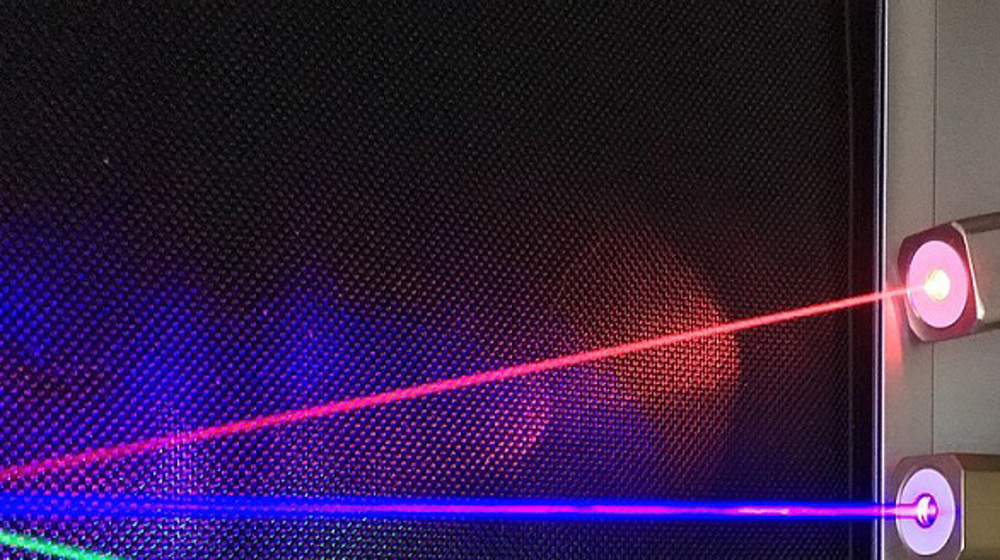Russia actively working to defuse tensions over Iran nuclear program at IAEA session: Envoy
A senior Russian diplomat says Moscow is actively working to defuse tensions over Iran’s nuclear program amid attempts by Britain, France and Germany to press ahead with a US-backed plan for a resolution criticizing Tehran for suspension of some inspections by the UN nuclear agency.
The International Atomic Energy Agency’s (IAEA) 35-nation Board of Governors is holding a quarterly meeting this week against the backdrop of efforts to preserve the multilateral nuclear agreement signed between Iran and major powers in 2015 — officially known as the Joint Comprehensive Plan of Action (JCPOA).
The three European parties to the JCPOA have reportedly circulated a draft resolution for the upcoming meeting voicing “serious concern” at Iran’s reduced cooperation and urging Iran to reverse the steps it has taken away from the deal in response to the US withdrawal and the re-imposition of the sanctions that the accord had lifted.
In a post on his Twitter account on Tuesday, Mikhail Ulyanov, the Russian ambassador to international organizations in Vienna, said, “The main intrigue of the current session of the # IAEA Board of Governors is whether the upcoming discussions will help defuse the situation around the Iranian nuclear program, or will aggravate the situation even more.”
The Russian diplomat said his country is “actively working in favor of the 1st scenario.”
Russia warned on Monday that a resolution critical of Iran could hurt efforts to revive the JCPOA.
“Adoption of the resolution will not help the political process of returning to the normal comprehensive implementation of the JCPOA,” Russia said in a note addressed to other member states of the IAEA.
Iran has warned against the adoption of the anti-Iran resolution, with Foreign Minister Mohammad Javad Zarif saying that the Islamic Republic has some options to take in case “reason does not prevail” on the other side.
The US has reportedly sent a position paper to the board members, demanding that they call on Iran to reverse its remedial measures and cooperate with the IAEA to explain how uranium particles were allegedly found at old, undeclared sites.
It has also asked the board to discuss a range of issues, including its verification and monitoring activities in Iran and the NPT Safeguards Agreement with the country and the Europeans have supported it.
In June, after the IAEA said Iran had denied it access for snap inspections at two sites, the board passed a resolution calling on Iran to relent while Russia and China opposed it.
Speaking to reporters ahead of the Board of Governors’ meeting on Monday, IAEA Director General Rafael Grossi said the issue of nuclear inspections in Iran should not be used as a “bargaining chip” in any talks on the JCPOA.
The meeting comes against the background of a halt by Iran of its voluntary implementation of the Additional Protocol that allowed the IAEA to carry out short-notice inspections at Iran’s nuclear facilities.
Iran made the move in response to almost three years of heavy sanctions the US slapped on Tehran after former US president Donald Trump unilaterally pulled his country out of the JCPOA.
Since the US withdrawal, the three European parties to the deal backed away from their own commitments as well, but they showed up at the scene again after Joe Biden became president.
Hamas blasts Western media for blindly defending false Israeli narrative
ElBaradei condemns US threats of military action against Iran
‘No two-hour war’: Iran vows immediate retaliation to any attack
VIDEO | US warmongering threatens stability
Pezeshkian: US must end provocations if it seeks genuine diplomacy
Iran summons German ambassador over Merz’s ‘low-minded’ remarks
Iran's Armed Forces warn EU of ‘consequences’ of IRGC designation
Iran FM: EU’s blacklisting of IRGC a ‘major strategic mistake’












 This makes it easy to access the Press TV website
This makes it easy to access the Press TV website